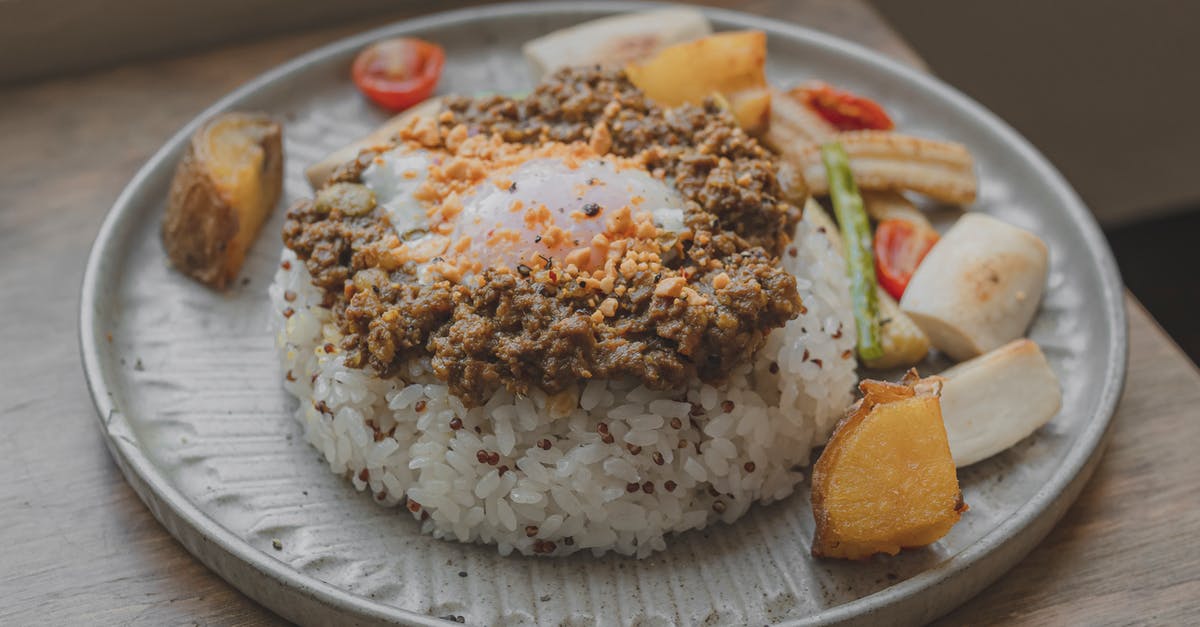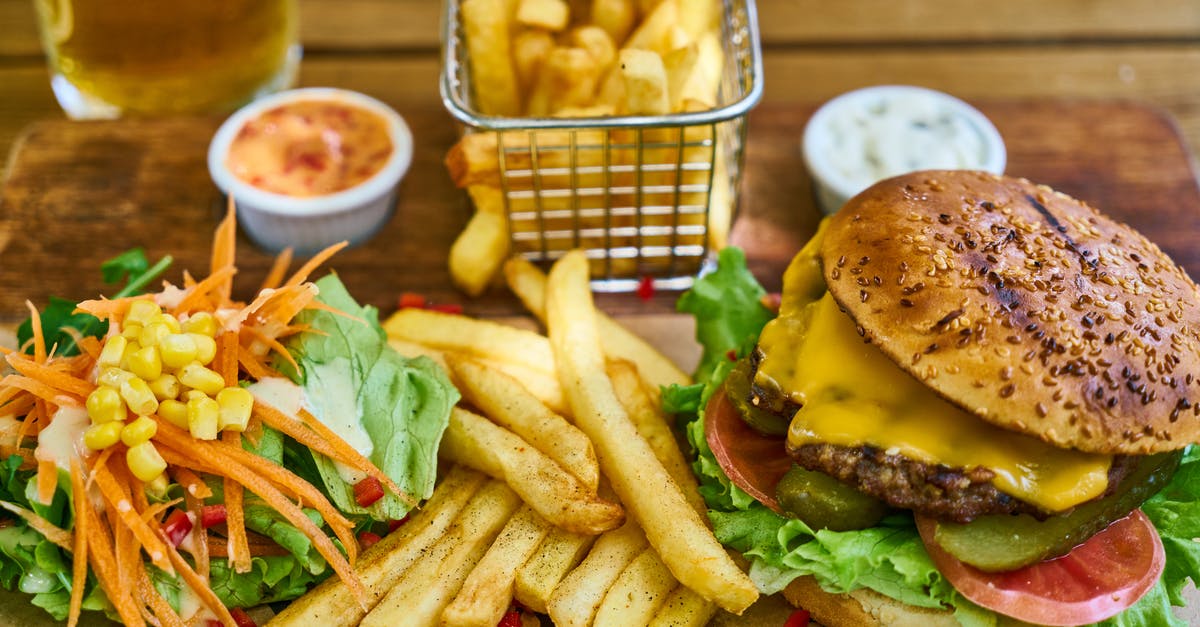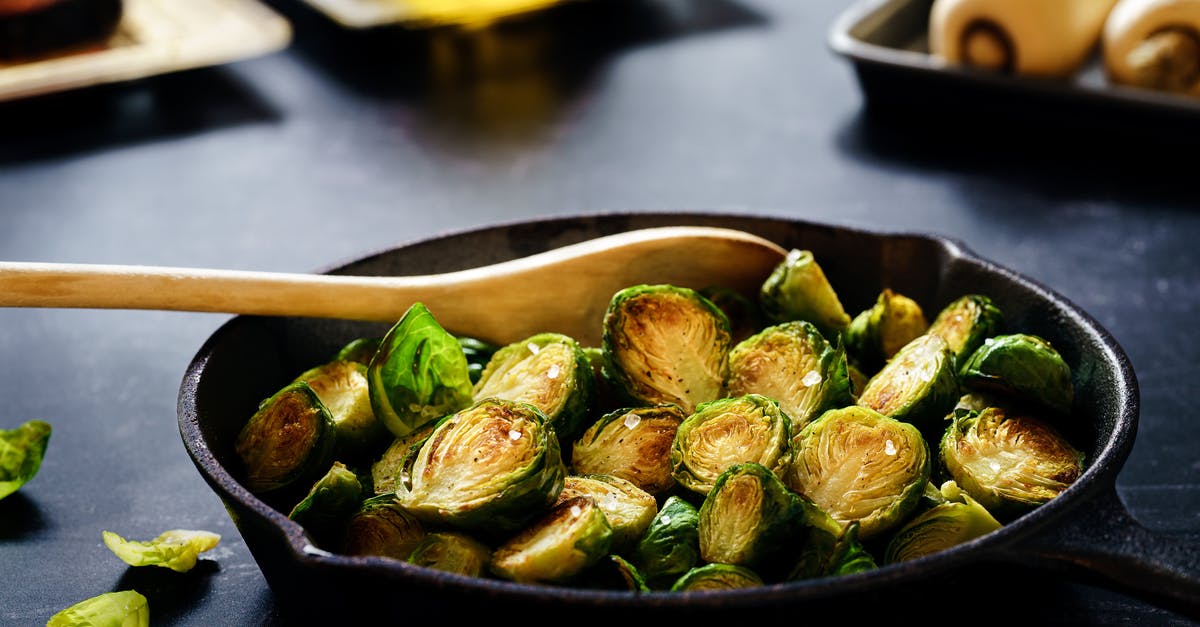Why some vegetables are good to fry, and not others?

Is there a biological reason why some vegetables are "good" to fry on a pan while some others are not?
I would readily fry onions (from "a little bit" up to "brown" or "caramelized"), leek (but just "a little bit" - the "brown" version is bitter), tomatoes, ...
I would not fry
saladlettuce for instance.
I understand that there may be cultural differences, I am looking for a quantifiable reason (if there is one), such as "the more XXX in the vegetable, the more suitable it is for frying")
Best Answer
Stir-frying a vegetable is quite different (in my mind) than what's viewed as frying by American and British standards. I can't really speak for what's considered 'fried' in most parts of Europe since I've never been there to truly sample different 'European' foods - which varies greatly anyways.
Stir-frying in the Asian sense of the method means quickly and briefly (from 30 seconds to perhaps a minute) cooking smaller pieces of cut vegetables by stirring in a small amount of oil over very high heat. Oil with a high smoke point temperature is preferred. Peanut oil smokes around 450° F (230° C) which is why it's used more often though there are some fats with higher smoke points. After this brief exposure to very high heat, some liquid is added and a lid put on for a couple minutes more cooking but with a drop in the temperature to just under 212° F (100° C). To mY mind, that's not what people refer to as frying.
In the Western sense of frying, usually a lot more oil/fat is used. The temperature isn't as high since the food will only be cooking by frying, not a combination of methods. Plus the food is cooked for a longer period of time. It also depends on what kind of frying you're meaning. Shallow frying (pan frying) or deep frying? When you fried tomatoes, if they were ripe, I'd consider that more similar to stewing than frying.
I've stir-fried larger cubed pieces of cucumber and julienned white radish (daikon). I've briefly stir-fried quartered medium sized tomatoes when making Cantonese tomato beef. But with those vegetables, the high temperature and hot oil barely sears the outside of the pieces and only a little. Now imagine frying them Western style. They'd be limp and soggy. They'd release their juices as well. (Think what happens when you try to sauté too many mushrooms at one time - which I've done.) The results would be more like boiling with the addition of fats. Unappetizing!
Vegetables that are normally fried Western style seem to be those that are starchy (such as potatoes or sweet potatoes) or have enough sugar and some protein in them that Maillard reaction occurs which adds to flavour (like onions).
There are any number of vegetables that don't contain enough starch to gelatinize or no browning occurs from Maillard reaction but they're still fried. In these cases, the vegetables are normally battered coated, then fried. If they maintain their structure during frying, I think the only hindrance to frying them is a person's taste. I've never heard of anyone frying beets or carrots but why not? Some vegetables like beets probably need some pre-cooking though.
So in answer to your question, I don't think it's only the water content of a vegetable but whether it has enough starch to gelatinize when fried or the needed combination of sugars and protein for Maillard reaction. That precludes some vegetables like lettuce and cucumber.
Pictures about "Why some vegetables are good to fry, and not others?"



What vegetables are good for frying?
Ingredients For deep fried vegetables- okra, fresh sliced rounds.
- mushrooms, whole.
- broccoli florets.
- cauliflower, small florets.
- dill pickle slices.
- onion rings.
- eggplant slices.
- mozzarella cheese sticks.
Why is not beneficial at all to fry a veggie?
Frying foods inevitably increases total calories and fat content. So, even though you may be getting some nutrients from the veggies, you'll potentially be eating more harmful compounds that could clog your arteries. Besides calories, the cooking oil you choose to use could adversely affect your health.What does frying do to vegetables?
And studies that have focused on other vegetables \u2014 like carrots, courgettes (zucchini), and broccoli \u2014 actually found that frying them caused them to retain less nutrients and antioxidants than boiling or steaming.Are vegetables still healthy if you fry them?
Frying vegetables is healthier than boiling them and may even contribute to preventing cancer, researchers in Spain have discovered. The information came to light in a study, published in the Food Chemistry journal, by researchers at the University of Granada, according to EurekAlert.The Vegetable Myth: Veggies Are Not Necessary
Sources: Stack Exchange - This article follows the attribution requirements of Stack Exchange and is licensed under CC BY-SA 3.0.
Images: SpotwizardLee, Engin Akyurt, Emrah Tolu, Sebastian Coman Photography
